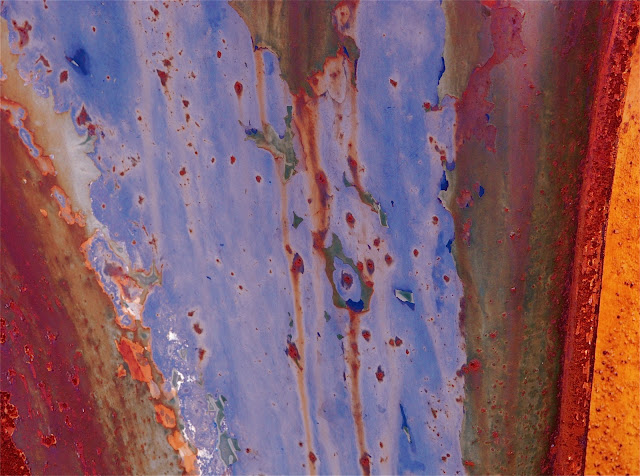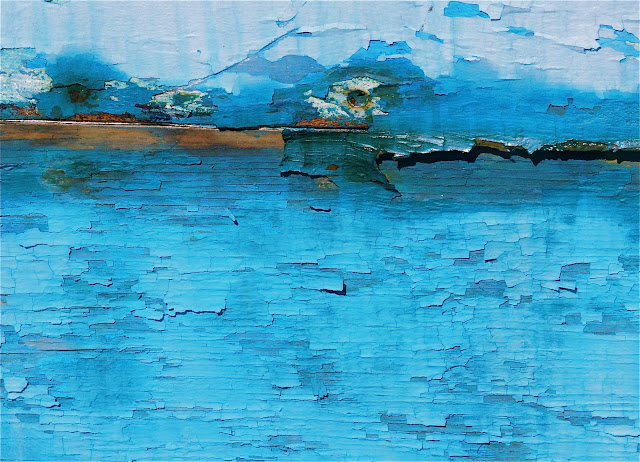Chuang Tzu
Thomas Merton
As we can see from their apparel, both of these men were spiritual contemplatives. The first, Chuang Tzu, lived in China more than two thousand years ago and is considered to be the greatest Taoist writer whose existence can be verified (the existence of Lao Tzu, the presumed author of the Tao Te Ching, has not been verified). The second, Thomas Merton, was a 20th century Trappist monk who wrote extensively on matters of spirituality, comparative religion, and social justice.
In the later years of his life, Merton became increasingly ecumenical in his spiritual philosophy. During this period, he studied Chuang Tzu extensively, and he eventually published a book of poems—The Way of Chuang Tzu—which he regarded as interpretive readings of the classic works the Taoist master. Anticipating criticism from those Christians who are more exclusive than inclusive in their world view, Merton introduced the book by declaring:
One of Merton's interpretive poems—titled The Man of the Tao—is set forth below. I've chosen this poem because it seems to incorporate two spiritual themes that are woven deeply into both eastern and western spiritual traditions. The first theme, which is embodied in the title of this post, is that the conditioned, egotistical self is a false self that must ultimately be put aside if we are to become—and fully experience—our authentic selves. The second theme, which to some extent is premised on the first, is that we must be wary of spiritual hubris. According to Merton's interpretation of Chuang Tzu, the truly spiritual person "does not take pride in himself [or herself] on walking alone." Nor does he or she judge those who "follow the crowd."
In the later years of his life, Merton became increasingly ecumenical in his spiritual philosophy. During this period, he studied Chuang Tzu extensively, and he eventually published a book of poems—The Way of Chuang Tzu—which he regarded as interpretive readings of the classic works the Taoist master. Anticipating criticism from those Christians who are more exclusive than inclusive in their world view, Merton introduced the book by declaring:
If St. Augustine could read Plotinus, if St. Thomas could read Aristotle and Averroes (both of them certainly a long way further from Christianity than Chuang Tzu ever was!), and if Teilhard de Chardin could make copious use of Marx and Engels in his synthesis, I think I may be pardoned for consorting with a Chinese recluse who shares the climate and peace of my own kind of solitude, and who is my own kind of person.Elsewhere in the introduction, Merton shows us why he related so much to Chuang Tzu:
[T]he whole teaching, the 'way' contained in these anecdotes, poems, and meditations, is characteristic of a certain mentality found everywhere in the world, a certain taste for simplicity, for humility, self-effacement, silence, and in general a refusal to take seriously the aggressivity, the ambition, the push, and the self-importance which one must display in order to get along in society. This other is a 'way' that prefers not to get anywhere in the world, or even in the field of some supposed spiritual attainment.
One of Merton's interpretive poems—titled The Man of the Tao—is set forth below. I've chosen this poem because it seems to incorporate two spiritual themes that are woven deeply into both eastern and western spiritual traditions. The first theme, which is embodied in the title of this post, is that the conditioned, egotistical self is a false self that must ultimately be put aside if we are to become—and fully experience—our authentic selves. The second theme, which to some extent is premised on the first, is that we must be wary of spiritual hubris. According to Merton's interpretation of Chuang Tzu, the truly spiritual person "does not take pride in himself [or herself] on walking alone." Nor does he or she judge those who "follow the crowd."
THE MAN OF TAO
The man in whom Tao
Acts without impediment
Harms no other being
By his actions
Yet he does not know himself
To be "kind," to be "gentle."
The man in whom Tao
Acts without impediment
Does not bother with his own interests
And does not despise
Others who do.
He does not struggle to make money
And does not make a virtue of poverty.
He goes his way
Without relying on others
And does not pride himself
On walking alone.
While he does not follow the crowd
He won't complain of those who do.
Rank and reward
Make no appeal to him;
Disgrace and shame
Do not deter him.
He is not always looking
For right and wrong
Always deciding "Yes" or "no."
The ancients said, therefore:
"The man of Tao
Remains unknown
Perfect Virtue
Produces nothing
'No-self'
Is 'True-Self.'
And the greatest man
Is Nobody."
Merton worked tirelessly to bridge the spiritual traditions that often separate peoples and cultures. He died as a committed Christian monk, but he is remembered as someone whose ideals transcended his own personal identity. Speaking at Merton's funeral, the Dalai Lama said, "I always consider myself as one of his Buddhist brothers." In a similar vein, the great Buddhist teacher Thich Nhat Hanh has said that Merton was "an artist, a Zen."
Merton worked tirelessly to bridge the spiritual traditions that often separate peoples and cultures. He died as a committed Christian monk, but he is remembered as someone whose ideals transcended his own personal identity. Speaking at Merton's funeral, the Dalai Lama said, "I always consider myself as one of his Buddhist brothers." In a similar vein, the great Buddhist teacher Thich Nhat Hanh has said that Merton was "an artist, a Zen."















































